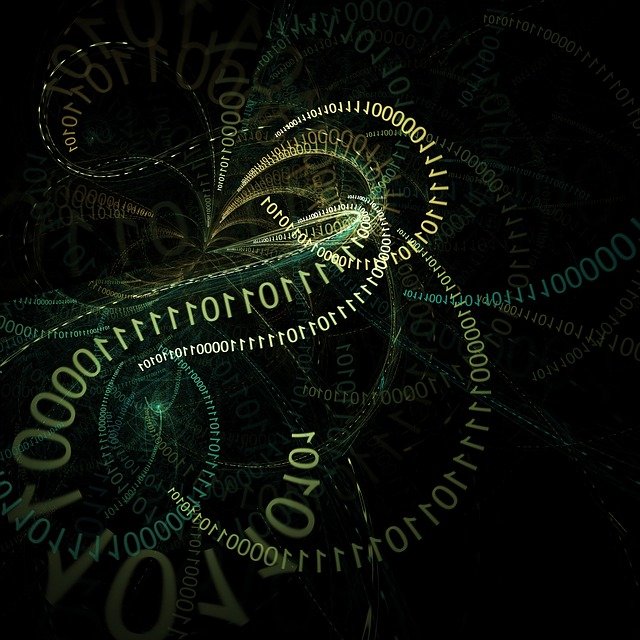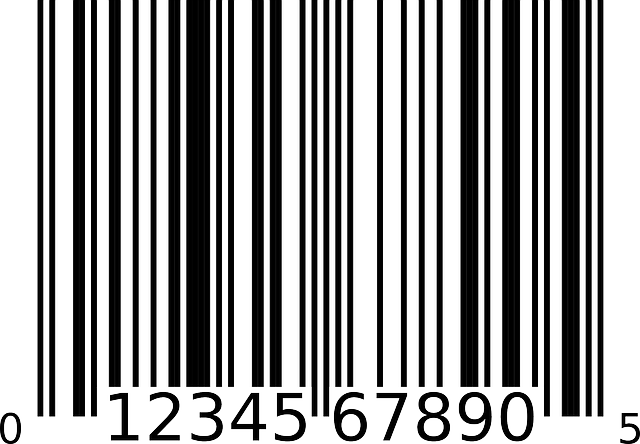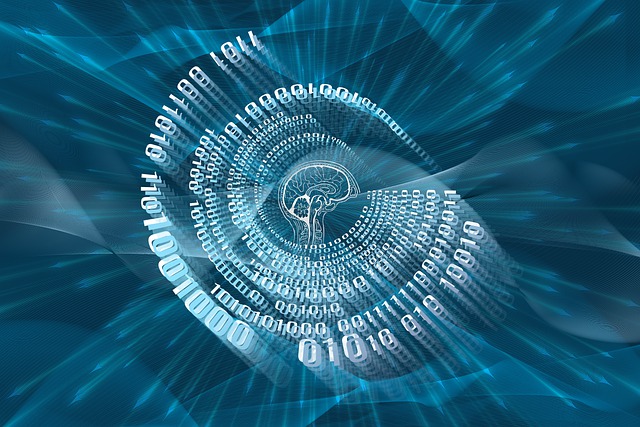But the prevailing medical wisdom, I soon learned, was that my left-eye odds were more like 20 percent. Other doctors thought that oxygen was unnecessary. And the two airlines that I asked about giving it to me said that they didn’t do that — doctor’s note or no doctor’s note. I’d have to contact a separate company and pay a whole lot of money.
As I went through two clinical trials of experimental treatments for my condition, I interacted with, by my rough estimate, more than a dozen medical professionals. Not one asked me if, faced with the specter of blindness, I was struggling emotionally and might want a referral to a counselor of some kind.
I recount all of that without grievance or grudge: I had excellent care, including, for the most part, from Dr. Oxygen-on-the-Plane. I recount it because it’s an important lesson. As I write in “The Beauty of Dusk,” which casts my medical odyssey as representative of the struggles that all people encounter, especially as we age:
Doctors are flawed. They’re human. We want them to be gods, because we want that certainty, that salvation. We want clear roles: The doctor commands; the patient obeys. But, at times, in their imperfection and arrogance and haste, they make assumptions and mistakes. So it’s crucial to approach a relationship with a doctor, any doctor, as a partnership and to consider yourself an equal partner, respectful but not obsequious, receptive but skeptical.
I’m most definitely not advocating the kind of disregard for expertise that’s all too prevalent in this digital age, when too many people click their way to outright cynicism or kooky conspiracy theories because they’re after a certain emotional experience or psychological validation, not the truth. I’m calling for nuance, for holding two slightly contradictory thoughts at once.
It’s what the pandemic should have taught us. Experts proved their invaluable mastery by speeding us to lifesaving vaccines. But they also made some inaccurate guesses — that’s a necessary part of the scientific process — and are still sorting through many Covid mysteries.
Similarly, your doctor knows more than you but not everything, and you can best take advantage of his or her considerable education by educating yourself — by asking better questions, by providing the most comprehensive and relevant details about what you’re going through, by pressing (within reason) and prodding (within courtesy). Again, from the book:
It became clear to me that most medical professionals, no matter how conscientious, are managing the task at hand, by which I mean the specific affliction that you present with, the pain or discomfort that you’re trying to rid yourself of, the immediate juncture that you have to move past. They’re not managing you — certainly not all of you. That larger, longer, more panoramic task can be outsourced to exactly no one.
For as long as your mind remains intact and your energy endures, you are your own best case manager. You hold the levers for your moods, the switches for your feelings. You alone have all the information. You alone can update it by the second. You alone have no priority more urgent. You alone live fully with the consequences. Others may want or mean to come to the rescue and, in discrete instances, may try to. But they’re the guests, not the homeowner. They don’t stay forever or know how to work the thermostat.
Published last week, “The Beauty of Dusk” made The Times Hardcover Nonfiction and Combined Print & E-Book Nonfiction Best Seller lists this week. I talked about the book with David Axelrod for this episode of “The Axe Files” podcast, and I’ll appear on HBO’s “Real Time With Bill Maher” tomorrow night.
Source: https://www.nytimes.com/2022/03/10/opinion/russia-ukraine-fake-news.html



